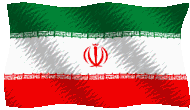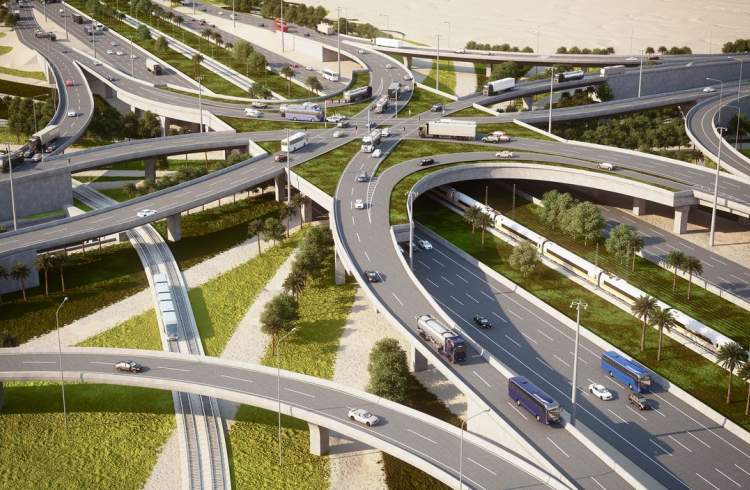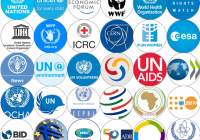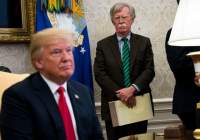Less-developed countries are in need of power and knowledge in order to deal with the crises caused by the poverty and diseases which are mainly the consequence of conflicts among big powers.
- 'Heat storm' stretches into southern Europe
- New York comes under air quality alert amid Canadian wildfires
- Tens of thousands at risk from flooding after Ukraine dam collapse
- Death toll in train collision in India rises to over 280
- UN says organised crime shifting drugs routes in Southeast Asia
- 5 brave Iranian border guards were martyred at the Saravan border crossing in Iran
- At least 8 people killed by gunman at Texas mall
- Sudanese face ‘shocking’ delays, no aid at Egypt border
- An earthquake shakes Mashhad
- At least 78 people have been killed in a crush at a school in Yemen’s capital, Sanaa





